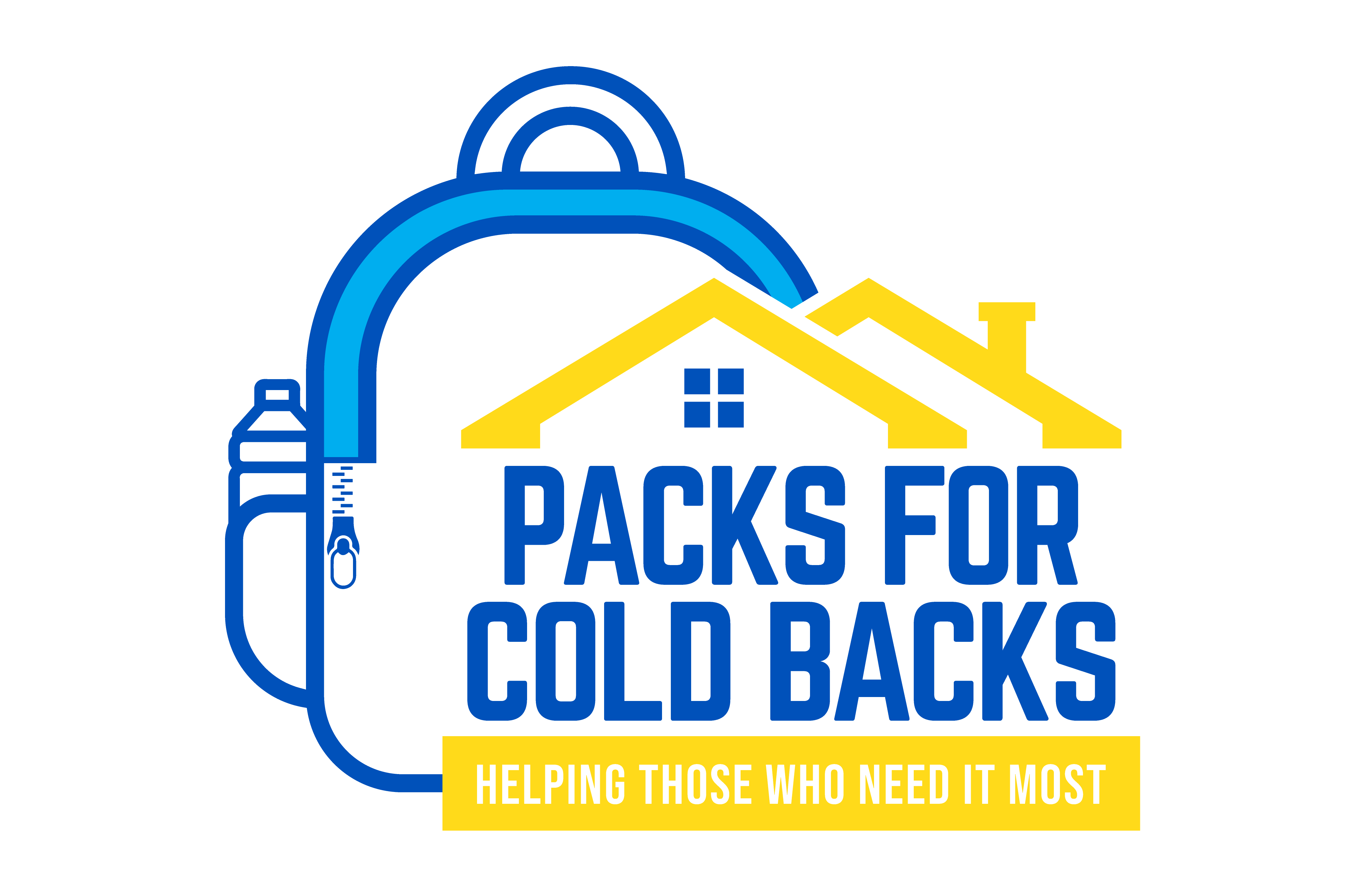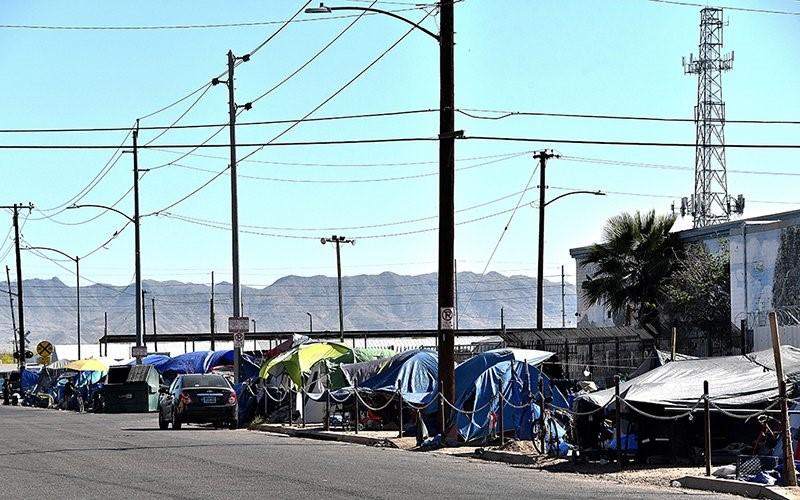Know Your Rights if Experiencing Homelessness in Phoenix, Arizona
The human rights of people experiencing homelessness are violated every day in Phoenix. Without a private place to sleep or store belongings, many people are vulnerable to encounters with the law. Business owners or local residents may report someone for loitering, or police officers take it upon themselves to remove a person and their belongings from certain spaces, like private property or the entryway to a building.
People experiencing homelessness often face discrimination and abuse because they are perceived as lazy or dangerous. But people who do not have reliable housing are human beings who deserve respect and compassion just like anyone else. No one should be treated like a criminal when they’re just trying to survive.
Every Human Has Rights in Phoenix
Here are some things you need to know if you are experiencing homelessness in Phoenix:
Immigration and Customs Enforcement (ICE)
You have the right to a lawyer, but the United States does not have to appoint one to your case. You can, however, request a list of free or low-cost legal services. You have the right to remain silent and wait for an attorney. Politely inform the ICE agent that you do not wish to answer questions or provide information until you have legal representation present. You should be assigned an immigration “A” number – give this to your family if you can, so they can locate you. Above all, do not sign anything before consulting a legal professional.
Property Search and Seizure
Everyone in the United States is protected from unlawful search and seizure under the Fourth Amendment of the Constitution. As such, a police officer must have a warrant if they want to search through your belongings. If a member of law enforcement attempts to search your belongings, clearly state, “I do not consent to this search.” You do not have to consent to any search even if your items are in a public place.
According to the American Civil Liberties Union (ACLU) your belongings include anything carried in a closed box or bag, or in a cart.
Education
The McKinney-Vento Homeless Assistance Act requires every school district to have a Homeless Liaison that helps children experiencing homelessness enroll in school and complete assignments on time. The act defines any child without a “fixed, regular and adequate” place to sleep as homeless – this includes residences of family friends or relatives. If you have a child under 21 without a high school diploma and your family is experiencing homelessness, contact your school district’s Homeless Liaison. Otherwise, contact the ACLU for assistance.
Voting
You have the right to vote in Arizona if you are a citizen of the United States, you are at least 18 years old, you are not a convicted felon (or your civil rights have been restored), and you have no been deemed incompetent by a court of law. You do not need a fixed address to register to vote in Arizona.
You may use one of these addresses on your voter registration form:
- A shelter you stay at regularly.
- The physical location where you live, even if it does not have a street address, i.e., the cross streets of an encampment.
- The address of your county courthouse. The Maricopa County Superior Court courthouse is located at 201 W. Jefferson Street, Phoenix, AZ 85003.
- A general delivery address for the post office nearest to where you live.
Urban Camping
Phoenix has outlawed sleeping in most public spaces with two laws:
- Urban Camping
It is unlawful to camp on land that belongs to the City of Phoenix, including parks, preserves, buildings, or parking lots, unless you have a permit from the city Department of Parks and Recreation.
The following activities can be considered “urban camping”:
- Sleeping
- Making preparations to sleep or laying down bedding
- Storing belongings
- Pitching a tent or parking a vehicle to sleep in
- Making a fire
- Cooking
- Digging or breaking ground.
- Sit/Lie Law:
You may not sit, lie or sleep on a public street, sidewalk or alley, unless you are experiencing a physical emergency or receiving medical attention
However, if a police officer issues you a citation or arrests you for sleeping on public property while shelters are at capacity, you may be protected under the Eighth Amendment. Contact the ACLU of Arizona for assistance.
Packs for Cold Backs Legal Assistance
Packs for Cold Backs is a non-profit organization helping people experiencing homelessness in Arizona navigate the legal system, obtain employment, find permanent housing, and stay on track to a successful future. Contact us today for more information about how we can help you avoid encounters with the law, jail time, and other legal situations.


